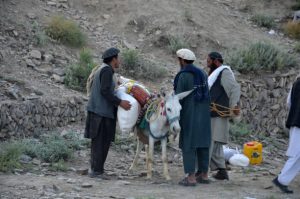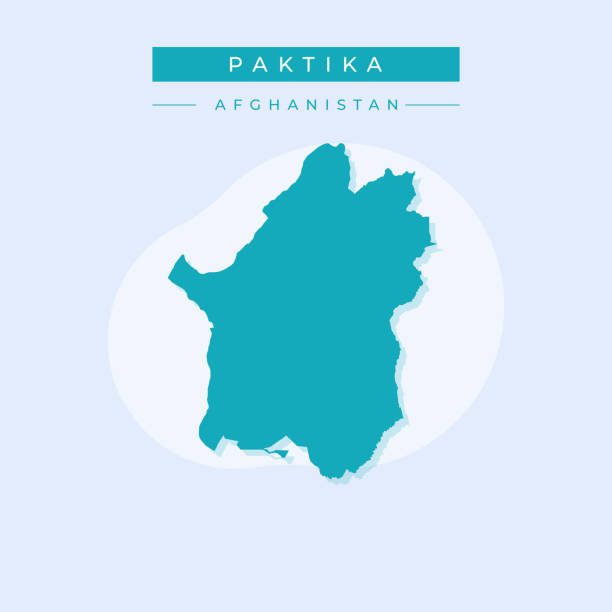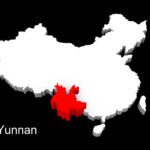The Center for the Scientific Study of Families reports are designed to provide relevant information about the conditional state of families in a specified context. The report provides information such as population, culture, family structure, and family life.
Family reports are an important tool for improving the lives of families. By providing information about the family’s conditional state and context, family reports can help improve communication between families and service providers and lead to better outcomes for families and children.
Introducing Paktika, Afghanistan
Paktika is located in the eastern part of the country. The provinces of Ghazni, Paktia, and Khost border it to the north, Pakistan to the east and south, and Zabul to the west. The capital of Paktika is Sharana.
Paktika is a mountainous province, with the Shinkay Hills running through the center and the Toba Kakar Range running along the border with Pakistan. The southern districts are irrigated and cultivated, while the center and north are used primarily for rangeland. There are natural forests in Ziruk, Nika, Gayan, and Bermal districts.
The population of Paktika is about 789,000, mostly ethnic Pashtuns. The main languages spoken are Pashto and Dari. The economy of Paktika is based on agriculture, livestock, and small businesses. Overall, it is a remote and underdeveloped province with a long history of poverty and conflict. The province is still recovering from a 2022 earthquake.
Cultural and Ethnic Diversity
The main cultural and ethnic groups in Paktika, Afghanistan are:
Pashtuns: The Pashtuns are the largest ethnic group in Paktika, making up about 91% of the population. They are a tribal people with a strong sense of honor and hospitality. The Pashtuns speak Pashto, which is a Persian language.
Tajiks: The Tajiks are the second largest ethnic group in Paktika, making up about 9% of the population. They are Persian-speaking people who are mostly urban dwellers. The Tajiks are known for their artistic and intellectual traditions.
Arabs: The Arabs are a small minority group in Paktika, making up about 1% of the population. They are descendants of Arab traders and settlers who came to Afghanistan centuries ago. The Arabs speak Arabic and Persian.
Pashai: The Pashai are a small minority group in Paktika, making up about 1% of the population. They are a mountain people who speak a language that is related to Pashto. The Pashai are known for their traditional music and dance.
Family Demographics

People who received food kit carrying their load on a donkey. The people received their food kit after a earthquake shaked their village and cause to kill more that 1000 people and destroyed more than 400 houses in Giyan district of Paktika Province-Afghanistan.
The average family size in Paktika, Afghanistan is about 7 people. However, there is a significant variation in family size between different ethnic groups. Pashtun families tend to be larger than Tajik families, and Arab and Pashai families tend to be even smaller.
Ethnic groups in Paktika also have an impact on the family structure. Pashtun families are traditionally patriarchal, with the father as the head of the household. Tajik families are more egalitarian, with the husband and wife sharing decision-making power. Arab and Pashai families are even more egalitarian, with the children having a greater say in family matters. Marriage and divorce statistics were not found.
The literacy rate is around 40%, which is higher than many other Afghan provinces. This is partly because the United Nations Children’s Fund has been working with the Ministry of Education for over 10 years, creating many community-based schools for both boys and girls to attend.
Conclusion
Family life in Paktika, Afghanistan, reflects rich cultural traditions and historical influences. With their Pashtun majority, these families embody an extended family system, with distinct roles and customs rooted in Pashtunwali. While facing challenges, families in Paktika are adapting to changing circumstances through education, healthcare, and the preservation of cultural heritage. The ethnic diversity of the region introduces further complexity to family dynamics, emphasizing the importance of a nuanced understanding when studying family life in this complex landscape.





